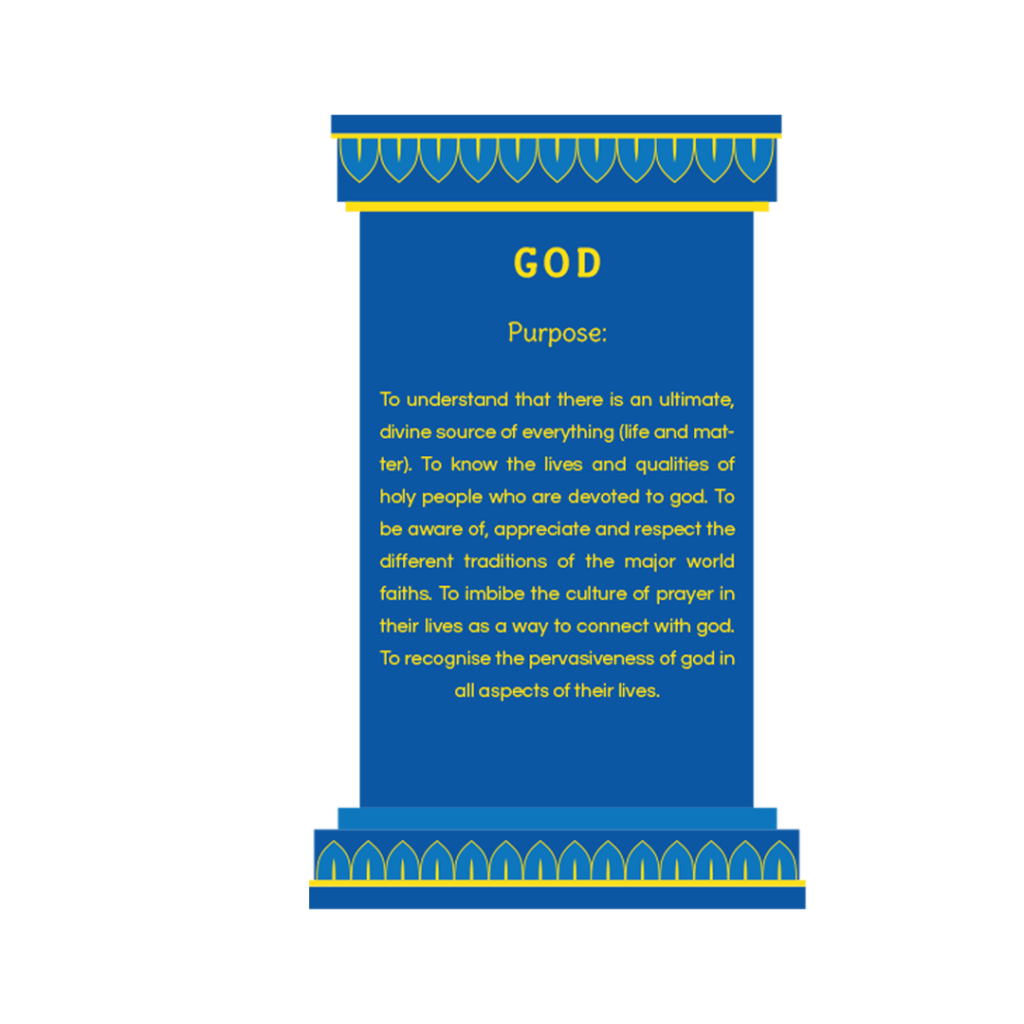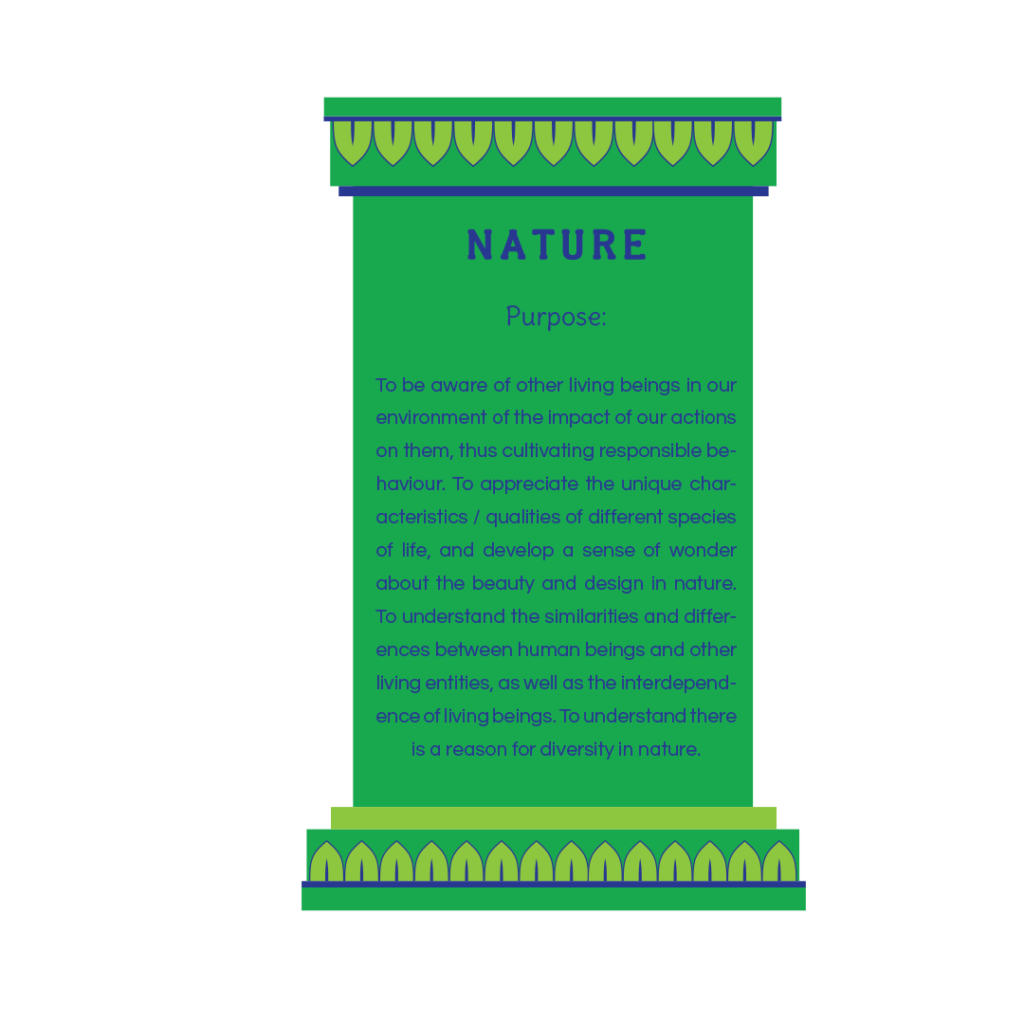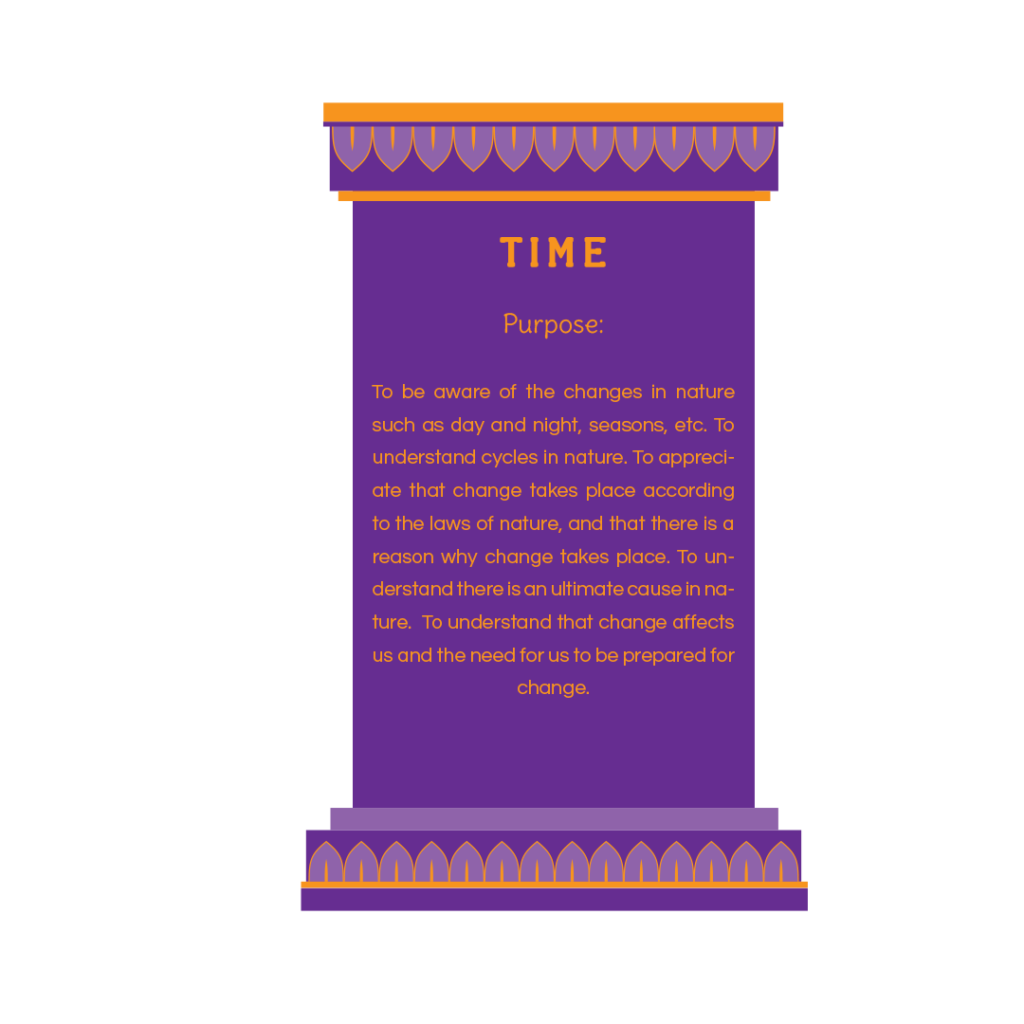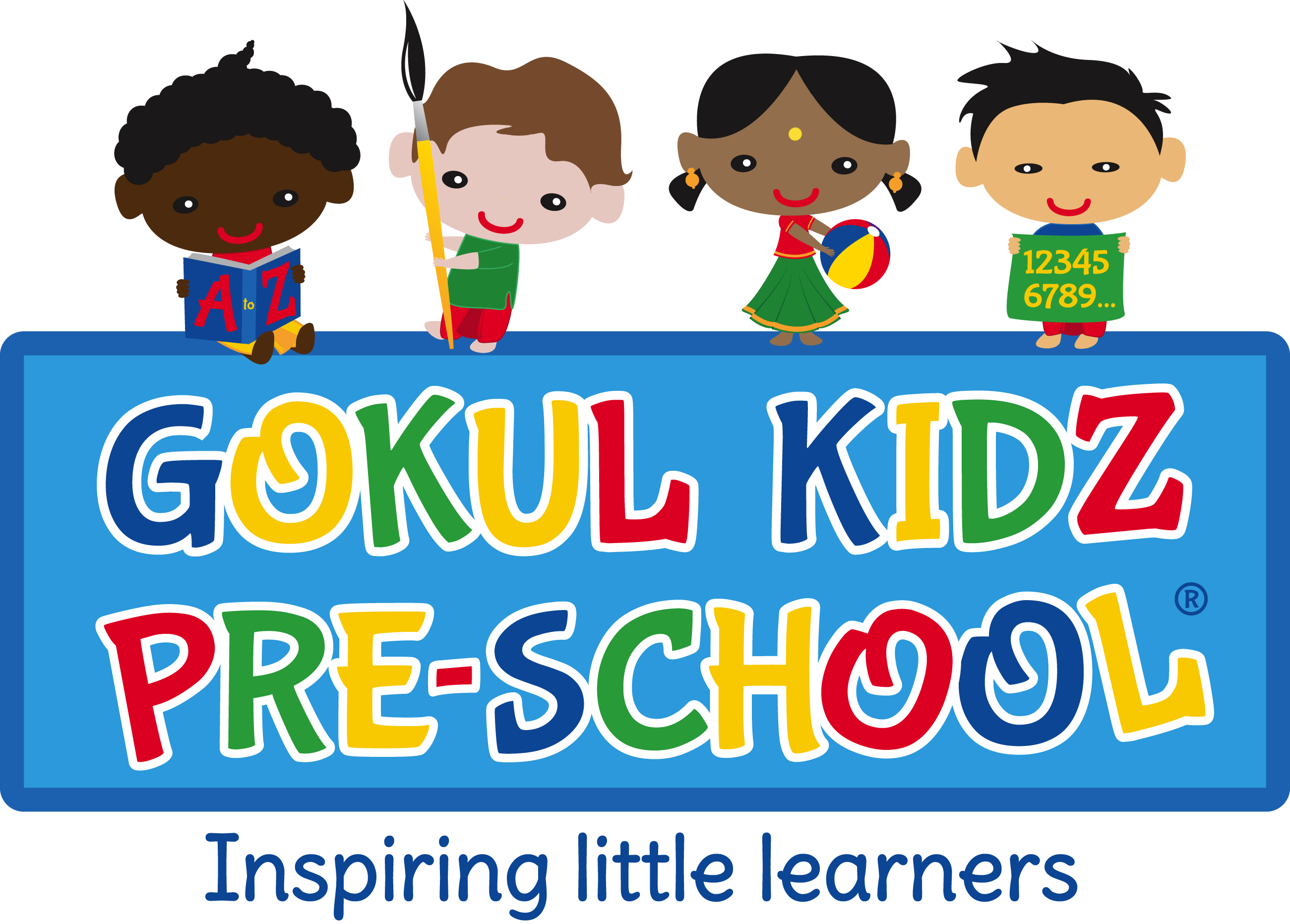Our Approach
The ages between 0 – 6 years of a child’s life demand our focused attention as parents and caregivers. Therefore, Early Childhood Education is best conducted in close partnership between the home and the school. Close communication and cooperation between parents and teachers is an essential part of our framework.
Our curriculum is developed based on five key universal elements viz., God, Living Beings, Nature, Time, and Action. They are the pillars that form the foundations of the learning atmosphere at Gokul Kidz. The Interaction between these key elements finds manifestation as lessons and activities, presented in a manner that is fun to learn.
living beings
Within the context of “Living Beings,” we study all life forms which include human beings, animals, birds, insects, beasts, fish, trees, and plants. Living beings are characterized by consciousness which is the ultimate symptom of life. The concept of identity is explored in terms of relationship. This relationship is developed in terms of various roles such as son/ daughter, student, citizen, and friend, or within the family, the school, the community, and the society. All living beings are individuals who have an eternal personal relationship with God.

god
Within the context of “God,” we consider the vastness of creation and our origins. God is defined by His characteristics, activities, and prominent features. God is unlimited, omnipresent, and omnipotent. His energy is all-pervasive. This material world, a combination of various material elements, is a small part of His total creation. Living beings have an eternal connection with God which has been separated or interrupted due to our desire to become independent. God is unaffected by the material elements and always transcendental to them. We can re-establish our relationship with God by cultivating loving devotional service.

nature
Within the context of “Nature” or Prakriti, we study the separated elements of God’s creation; earth, water, fire, air, and ether as well as the more subtle elements of mind, intelligence, and ego. In this pillar, the interactions of the material elements over time are studied from the vantage point of various disciplines such as chemistry, physics, biology, geography, history, etc. All topics are explored age-appropriate, with an interactive fun pedagogy relevant to young learners. Children are encouraged to see God through His creation and to connect everything to its spiritual source.

action
Within the context of “Action,” we explore the notion of karma which teaches us that for every action there is an equal reaction. In this regard, we consider the effects of our actions on ourselves, on others around us, and on the environment. Thus we promote responsible action and encourage cautious decision-making from an early age. The direction and guidance of a rightful authority is an important dimension to young children imbibing good habits. Social sciences are prominently represented in this pillar which lends itself to character development and considerations of the roles and responsibilities people assume in social organizations and the importance of responsible decision-making.

time
Within the context of “Time,” we consider where we stand in relation to past events and the great people of history and how we might influence the future. Time is considered an eternal element which is probably the most abstract of the five contexts. Time is evident through the rising and setting of the sun, the change of seasons, and of course the celebrations of special events such as birthdays, annual days, and memorials. Topics of history are the focus. We view time in both a linear and cyclical manner. Life cycles, changing bodies, growth, and deterioration are areas of study.

